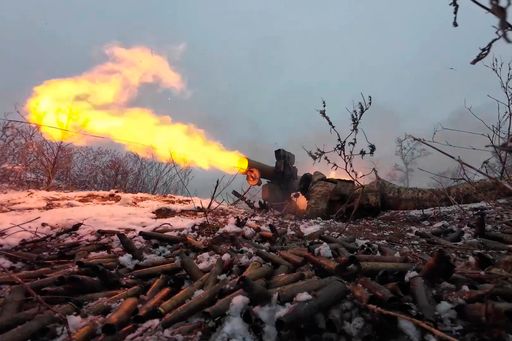The UN's top peacekeeping official has warned that peacekeeping is facing unprecedented strain as global conflicts reach their highest in nearly eight decades.
"Peacekeeping is not a luxury; it is a lifeline for millions who count on it for a future without fear," said Jean-Pierre Lacroix, UN Under-Secretary-General for peace operations, on Tuesday, during a Security Council session on the future of peace operations.
He noted that more than 60,000 peacekeepers from 115 member states serve in 11 missions, calling it "the UN's largest and most visible activity in the field."
Citing the Uppsala Conflict Data Programme, he said there were 61 active conflicts in 2024, "the highest number since 1946."
Conflicts, he added, are becoming increasingly protracted and complex, often involving proxy forces, which makes achieving negotiated settlements more difficult.
"In such an uncertain future, we are likely to see more civilians at risk and in need of protection," Lacroix warned, stressing that the demand for peace operations will grow, possibly alongside "other types of operations, including peace enforcement."
Lacroix outlined a roadmap for more effective missions, starting with more explicit mandates and sufficient resources.
"We must harness the capacities of digital technologies and artificial intelligence to support the analysis of data as well as to assess the effectiveness of our responses through time," he said.
He emphasised that protecting civilians, supporting accountable governance, advancing human rights, and prioritising the women, peace, and security agenda must remain central.
"The UN's ability to deliver on the imperative to protect people is very often the benchmark by which we are judged," he said, warning that the UN "should not be indefinitely responsible for the protection of populations."




















